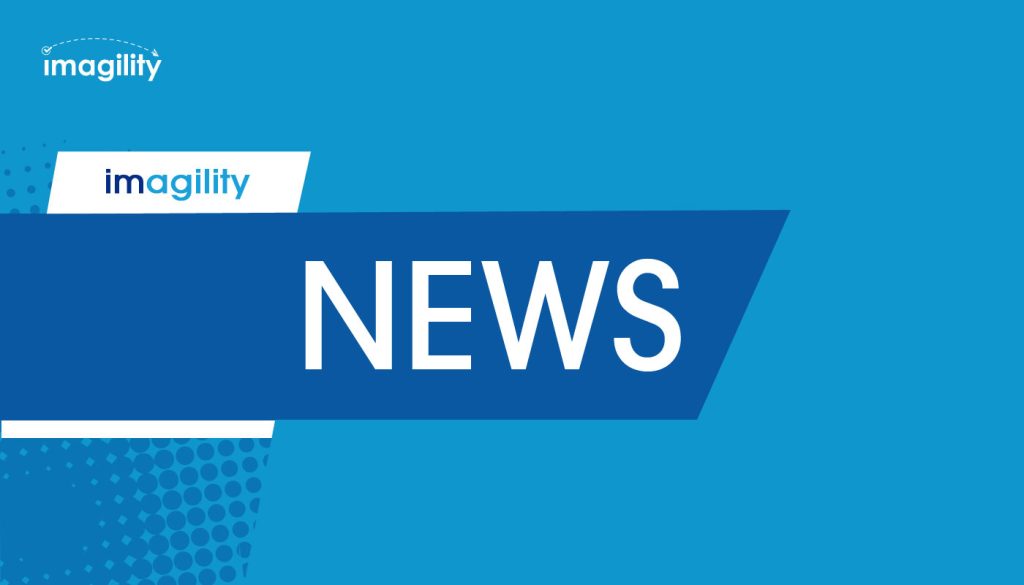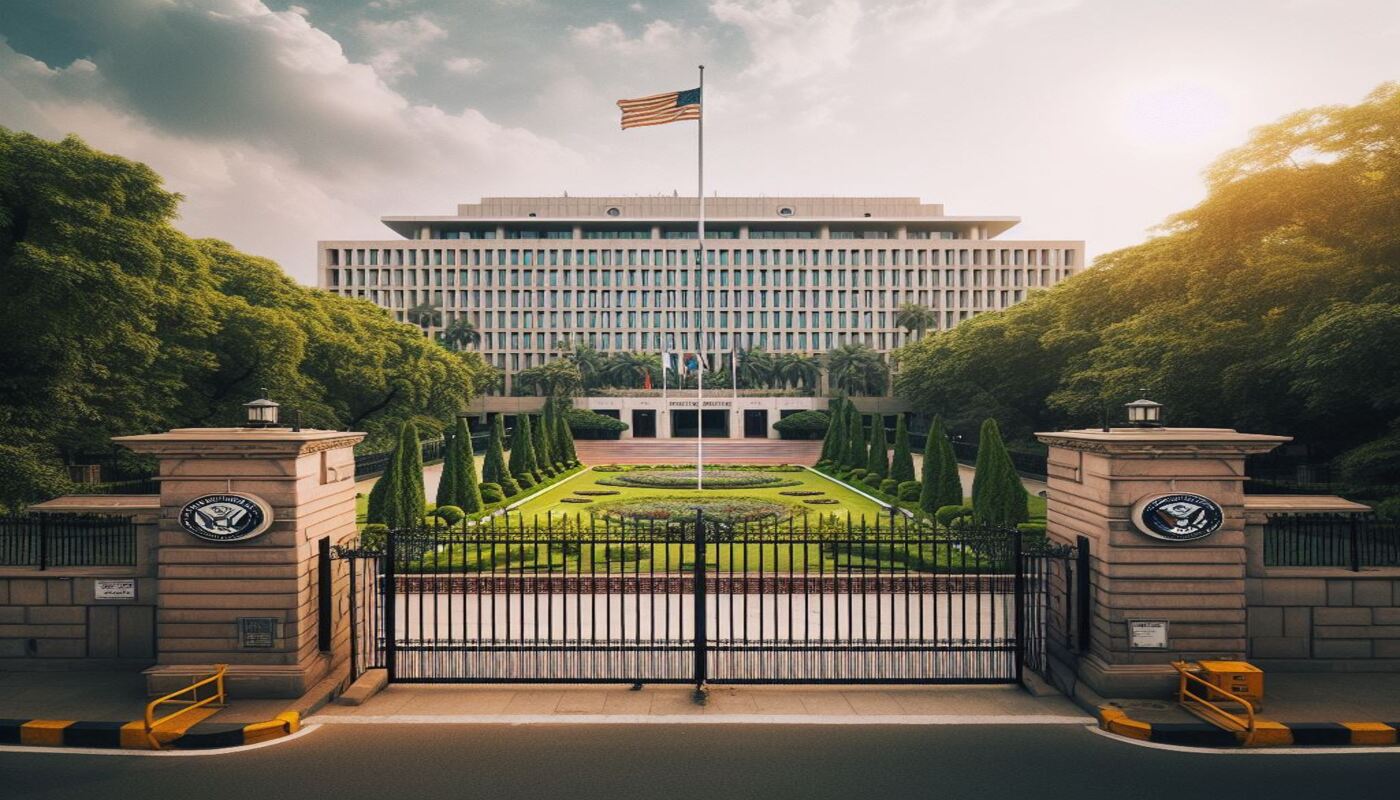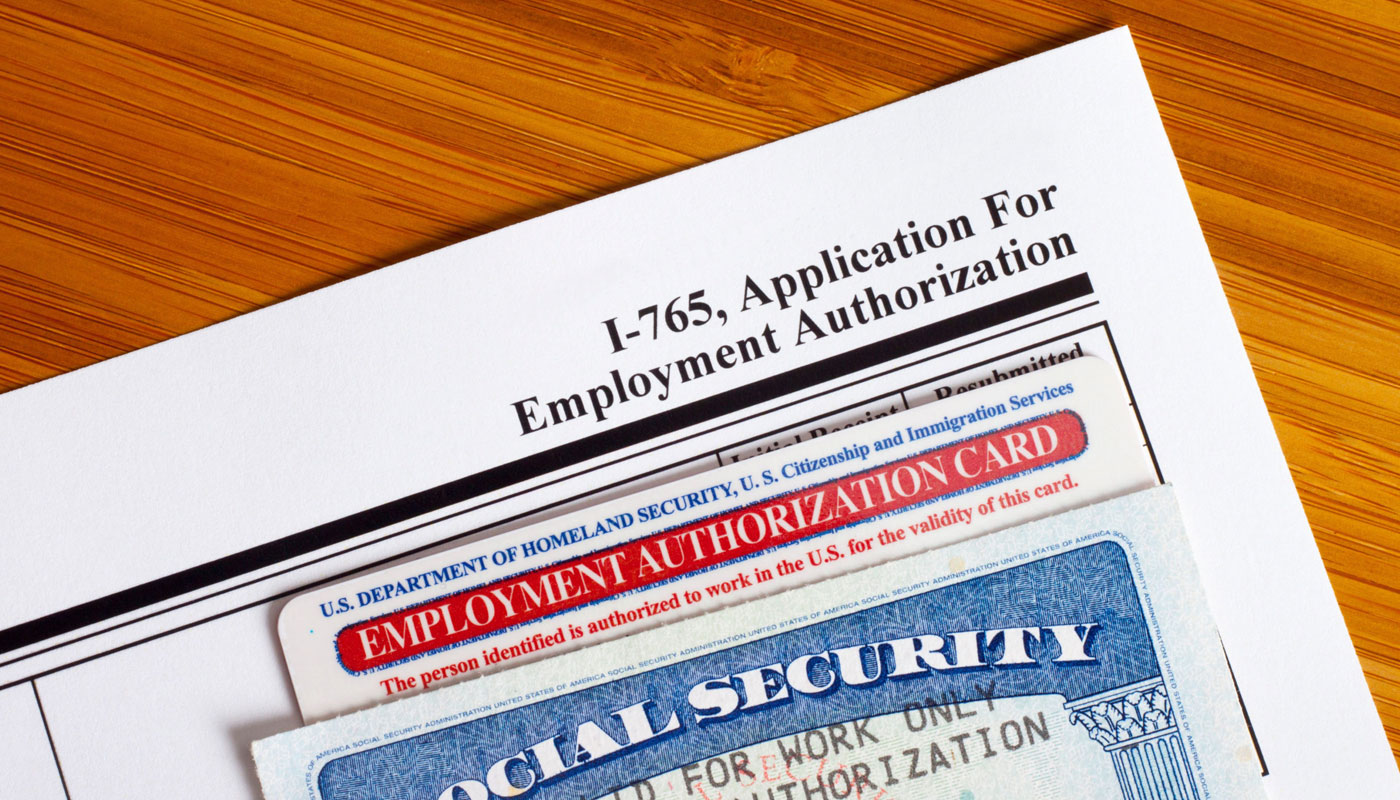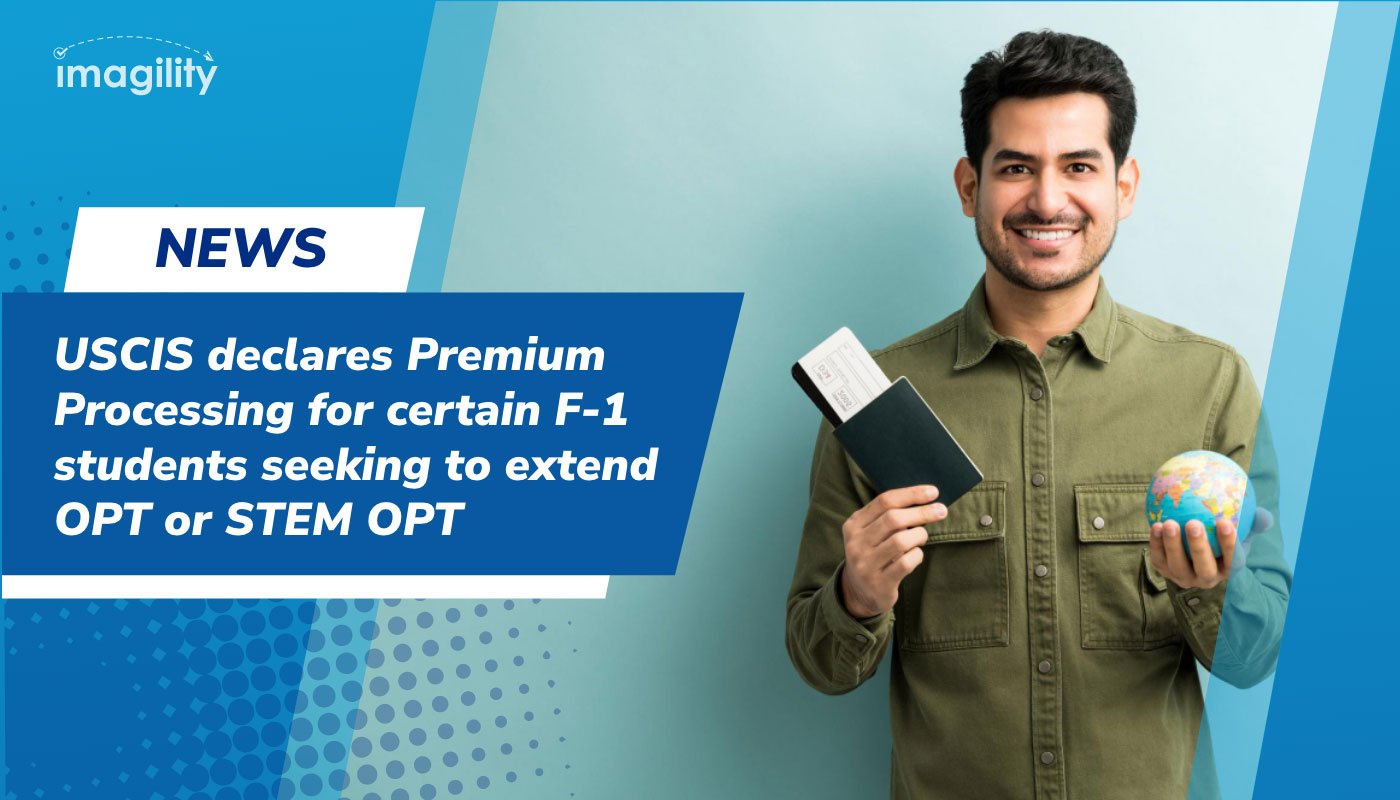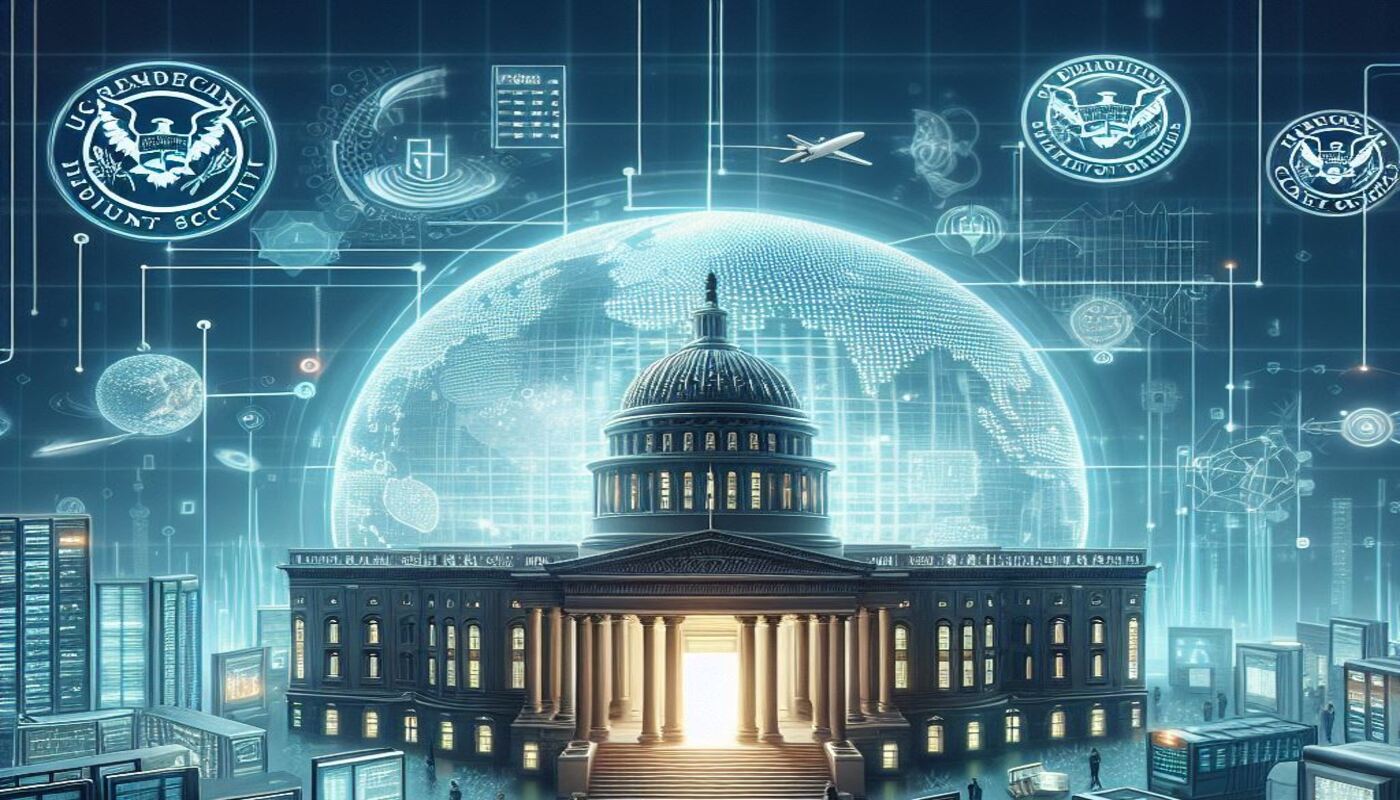On October 23, 2023, the U.S. Citizenship and Immigration Services (USCIS) released a notice of proposed rulemaking (NPRM), inviting a 60-day public comment period. While the proposed changes present both advantages and drawbacks, they carry significant implications for employers, students, and the administration’s talent acquisition goals outlined in the National Security strategy.
Pros:
Streamlined H1B Registration: Changes aim to reduce fraud and enhance fairness in the H1B registration process, including measures like limiting individuals to a single lottery entry and requiring a valid passport.
Stability for Employers: Trust in previous 1-129 approvals unless there are substantial changes, providing stability for employers using H-1B visas and other temporary work visas.
Itinerary Requirement Elimination: The proposed rule eliminates the requirement for an itinerary for H1B and H-2 petitions, simplifying the application process.
Non-Profit Research Organization Definition Update: Aligning with modern business structures to ensure consistent application of the H-1B visa cap exemption for research organizations.
Extended Cap-Gap Benefits: F-1 students with selected H1B registrations could benefit from extended cap-gap provisions until April 1 of the following year or the approved H1B petition’s start date, whichever comes first.
Altered U.S. Employer Definition: Facilitates foreign nationals’ sponsorship for H1B positions by allowing certain petitioners to perform non-specialty occupation duties related to owning and directing a business.
Cons:
Bona Fide Job Offer Rebranding: The agency integrates old policies under the new term “bona fide job offer,” potentially leading to interpretation challenges.
Enhanced USCIS Inspections: Focus on “maintenance of status” with increased scrutiny on wage compliance, including site inspections, interviews with H1B workers, and potential petition denial or revocation for denied access.
Specialty Occupation Clarifications: Updates to the definition emphasizing the direct relationship between the required degree and job duties, with scrutiny on the connection for an H1B visa.
Document Requests and Official Policies: USCIS gains authority to request documents establishing contractual relationships and educational requirements, with existing policies becoming official, including the need for amendments and evidence of maintaining legal status.
LCA Verification: USCIS seeks a more active role in verifying Labor Condition Applications (LCAs), potentially introducing uncertainty and penalties for employers violating rules.
3rd Party Worksite Distinction: Rules for determining specialty occupation based on the requirements of the company where the worker is placed, emphasizing the difference between placement and direct employment by a 3rd party company.
The proposed changes reflect USCIS’s commitment to refining the H1B program, addressing potential loopholes, and aligning with broader immigration goals.

